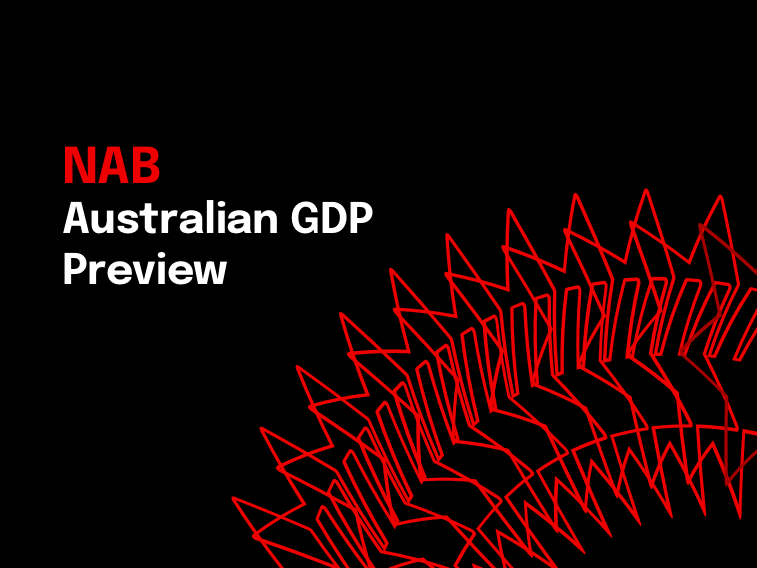A private sector improvement to support growth


Insight
It's now six from seven in terms of core US CPI undershooting expectations (six months at 0.1% including Friday’s September print and just one at the 0.2% consensus estimate that has prevailed for each of these seven months).
So core CPI rose by just 0.7% in the past six months, or 1.4% annualised. No matter, Fed chair Janet Yellen spoke in Washington just a few hours ago and was reasonably emphatic in saying that “My best guess is that these soft readings will not persist, and with the ongoing strengthening of labor markets, I expect inflation to move higher next year. Most of my colleagues on the FOMC agree”. One who apparently doesn’t is Chicago Fed president Charles Evans (a current FOMC voter) who after the CPI data said that the data “didn’t seem encouraging”.
Market-wise, the surprise on Friday was perhaps that pricing for a December Fed rise didn’t come down more. It slipped by only about 4% to 73% using Fed Funds futures. The Yellen comments should though serve to stop them slipping back further.
Also surprising was to see the DXY dollar index end the NY session fractionally higher on the day (+0.04%) for a loss of 0.8% on the week and the broader BBDXY index -0.04% for a 0.6% weekly loss. DXY is now about 1.5% back from its early October highs having rallied by about 3.5% in the prior month or so.
A slightly soggy Euro, pulled down earlier in the day by a Bloomberg ECB sources story suggesting the ECB might agree when it meets this month to leave a QE bond buying end-date open. This doesn’t disguise the fact though that EUR/USD fully retraced the initial sharp bounce post the CPI data.
The unexpected strength of the early October Michigan consumer sentiment reading (to a 13-year high) and slightly better than expected core retail sales data was part of the story behind the USD recovery, though one could equally have pointed to the dip in 5-10 year inflation expectations in the Michigan survey, to 2.4% from 2.5%, as justifying further scaling back of December Fed tightening risk. The Fed cares about this measure, though judging from the Yellen speech mentioned above, evidently not enough to stand in the way of further gradual policy normalisation.
The AUD, closely followed by NZD, were the main beneficiaries of the USD slump post the CPI data, subsequently holding gains (as did the JPY) while the dollar elsewhere spent most of the NY afternoon recouping earlier losses. AUD/USD ended +0.86% at 0.7887 and NZD +0.8% to 0.7181, the NZD market earlier Friday seemingly travelling with some confidence that NZ First Leader Winston Peters will today declare his hand in favour of an alliance with the Nationals.
Also helpful to the cause of the AUD on Friday was a bounce in iron ore prices, +$2.40 to $62.53 for the 62% fines Qingdao benchmark, following an earlier mini-surge on the Dalian futures market. This looked to be driven by Friday’s China trade data, showing iron ore imports in September above 100 million tonnes for the first time (102.8mn) and up from 93 million tons last September. Substitution of higher grade ores for poorer local concentrates in the context of stricter environment controls is part of the story here, but which obviously hasn’t been enough to prevent a 22% drop in the 62% fines (high grade) benchmark over the course of September and through mid-October, ahead of steel production curbs heading into winter. So Friday’s gain was probably more psychology driven than anything else.
That said, news over the weekend of much stronger than expect China credit growth last month (¥1820bn for the broad Aggregate Social Financing measure, up from €1,480bn in August) goes someway toward assuaging concerns about a (lack of) credit-driven slowdown in activity – and relate commodity demand – in coming months.
Politics will be important at the start of the week, first in NZ with Winston Peters expected to declare his hand sometimes today; then by 9am Spanish time (6pm AEST) the Catalan President is under orders from Madrid to say whether or not he will declare independence for Catalonia. If he does then 1. It won’t happen but 2. The euro will probably fall.
More important than either in the scheme of thing will be whether the US Senate approves a ‘procedure’ this week that would allow it to pass a tax reform bill by simple majority. Senator Susan Collins, whose support was in doubt, has come out supportive last night. What about Bob Corker? Sentiment towards tax reform will turn on this, and with that the USD’s fortunes this week.
China’s important for Australia this week with GDP a September activity data on Thursday, soon after the local labour market data (the main domestic point of interest this week). The 19th National Party Congress starts on Wednesday. On the weekend, the PBOC Governor told us to expect growth of 6.9 % in the second half of the year. Don’t bet against him!
On global stock markets, the S&P 500 was +0.09%. Bond markets saw US 10-years -4.47bp to 2.27%. In commodities, Brent crude oil +1.64% to $57.17, gold+0.6% to $1,302, iron ore +4.1% to $62.53, steam coal +0.6% to $95.75, met. coal +0.3% to $181.50. AUD is at 0.7885 and the range since Friday 5pm Sydney time is 0.7818 to 0.7897.
For full analysis, download the report:
For further FX, Interest rate and Commodities information visit nab.com.au/nabfinancialmarkets
https://soundcloud.com/user-291029717/yellen-bets-on-her-big-surprise
© National Australia Bank Limited. ABN 12 004 044 937 AFSL and Australian Credit Licence 230686.